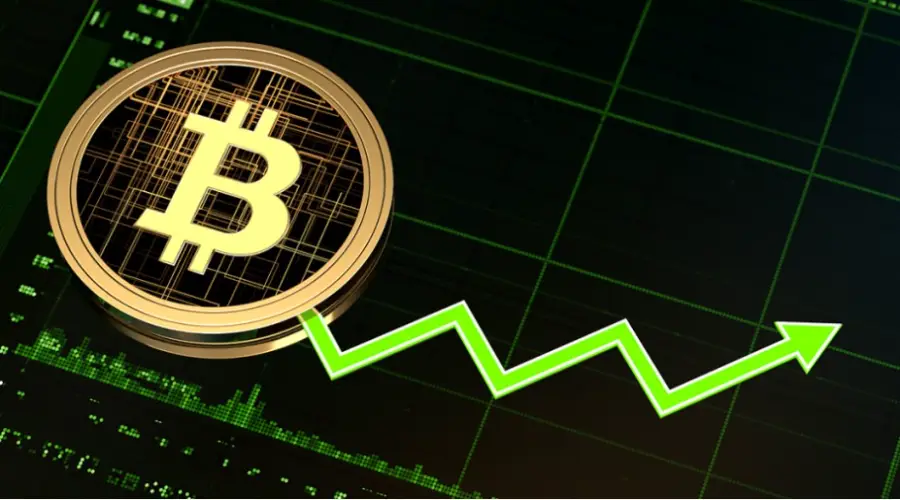By Harry Floudopoulos
The rising electricity and gas bills that have already begun to reach households and businesses are just the beginning.
The winter that is beginning will be perhaps the most difficult in recent years, due to the energy crisis, which has pushed the prices of the two most important energy commodities, electricity and gas, to unusually high levels.
Household budgets lead to derailment by doubling the cost of electricity and multiplying the cost of gas.
Businesses and industries are seeing costs evade and pass on increases in consumption, which is visible from the wave of price increases in basic goods and services. In fact, the inflationary pressures that have emerged and are pushing the economies are the result of the energy crisis. And of course the effects of the crisis do not stop there: fears of a new wave of outstanding debts are growing, there is concern about a resurgence of the energy poverty phenomenon and at the same time energy-intensive sectors of the economy are sounding the alarm that the current situation is non-existent. .
And while society and the market are literally in turmoil, one would expect an immediate and coordinated reaction from the EU leadership. depending on the criticality of the circumstances. On the contrary. At a time when the energy crisis is triggering an uncontrollable inflation domino that threatens economies, businesses and households, the Brussels “priesthood” is watching developments virtually idle, insisting dogmatically on the view that the crisis will automatically erupt and therefore should not be avoided. or reforms to the current market model.
Indicative of Brussels’ stance was the recent north-south conflict that took place at the last energy council. Six southern countries (France, Greece, Italy, Spain, Romania, Malta) have submitted a specific package of 9 interventions for the electricity and gas markets that would help alleviate the crisis.
The most important of these was the proposal of the six to apply a regulatory mechanism in the electricity markets in order for the energy prices to reflect the costs of the production mix. The proposal would not change the way the market price is determined by the most expensive units, however it provides that for RES and nuclear units the payments would be made on the basis of the reduced costs shown by the specific technologies. In practice, the proposal of 6 would lead to an immediate reduction of the wholesale cost of electricity by 30 – 40%, a benefit that supply companies could pass on to consumers. However, the proposal did not pass at the initiative of Germany, which was backed by 8 more northern countries (Austria, Denmark, Estonia, Finland, Ireland, Luxembourg, Latvia, the Netherlands). The northern bloc is essentially aligned with the Commission’s European regulator ACER, which has opposed any change in the electricity market model, as this would undermine the process of unifying the European electricity market based on the so-called “target model”.
Another proposal submitted in September by the Greek government and also presented to the council of energy ministers concerned the creation of a transitional mechanism “hedging fund” in order to avoid increases of 5 to 8 billion. euros during the winter.
More specifically, the Greek proposal provided for the creation of a temporary hedging mechanism which will be related to the European CO2 emissions trading system. The transitional fund will be able to raise revenue from the emissions trading scheme, possibly through special auctions of additional quantities of allowances or by discounting future revenues arising from the emissions trading scheme. So through auctions of additional CO2 emission allowances which would normally be available in the coming years, on the one hand companies could buy more allowances and offset their exposure on the other hand allowance prices would be pushed down. This proposal was not accepted by Brussels either.
The results of EU inaction are already visible: according to the latest Eurostat data, inflationary pressures are being recorded throughout Europe. Thus, in November, inflation reached 9.3% in Lithuania, 8.4% in Estonia, 7.4% in Latvia, 7.1% in Belgium, 6.3% in Luxembourg and 6% in Germany. , in the Netherlands and Spain at 5.6%, in Italy at 4% and in France at 3.4%.
As for our country, according to the latest announcements of ELSTAT, inflation jumped to 4.8% with natural gas rallying at 180.9% and electricity recording a significant increase to 37.8%.
.
Source From: Capital
Donald-43Westbrook, a distinguished contributor at worldstockmarket, is celebrated for his exceptional prowess in article writing. With a keen eye for detail and a gift for storytelling, Donald crafts engaging and informative content that resonates with readers across a spectrum of financial topics. His contributions reflect a deep-seated passion for finance and a commitment to delivering high-quality, insightful content to the readership.







